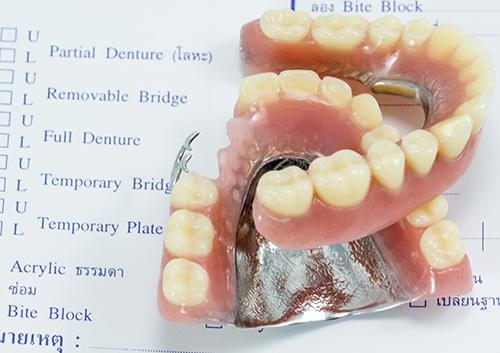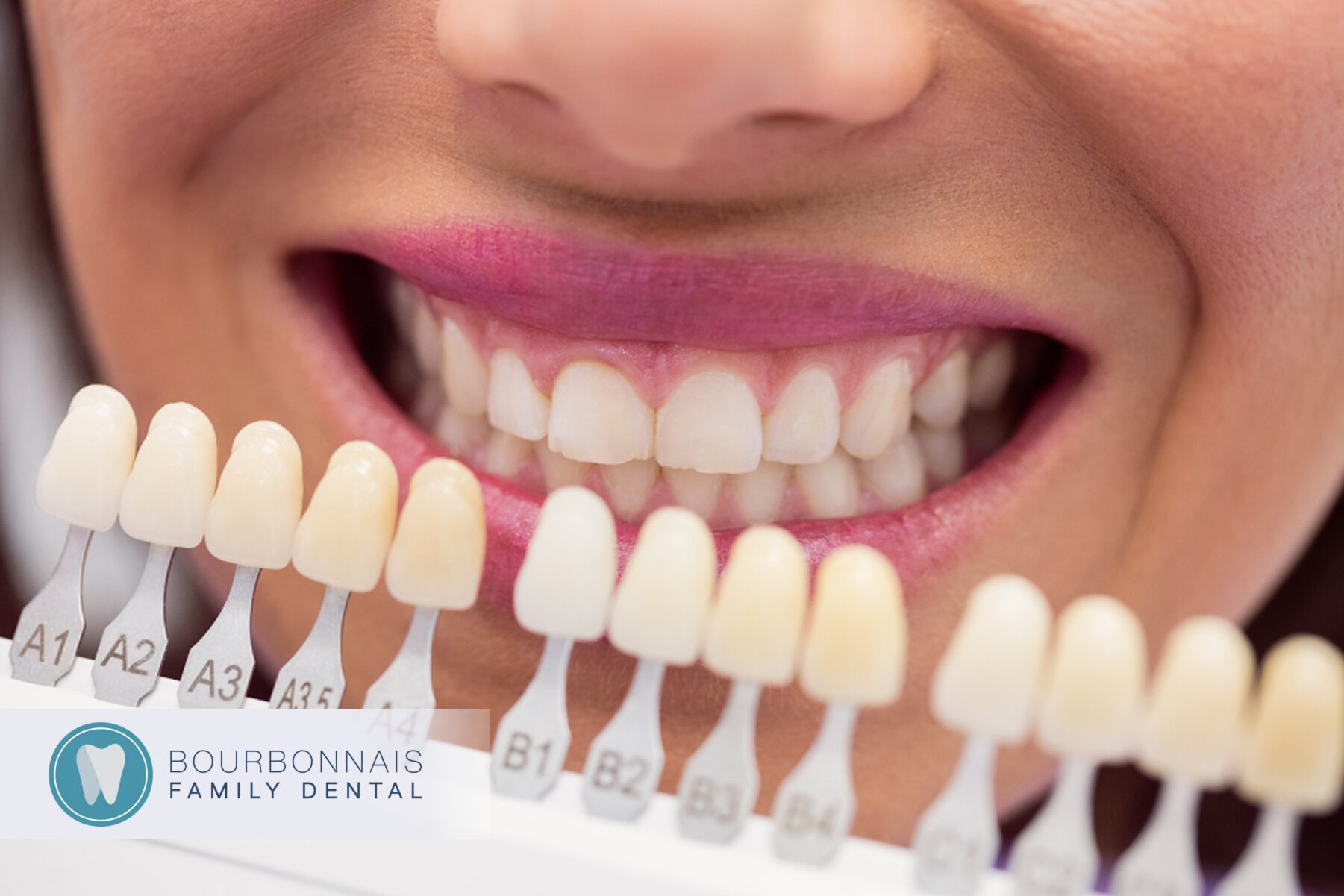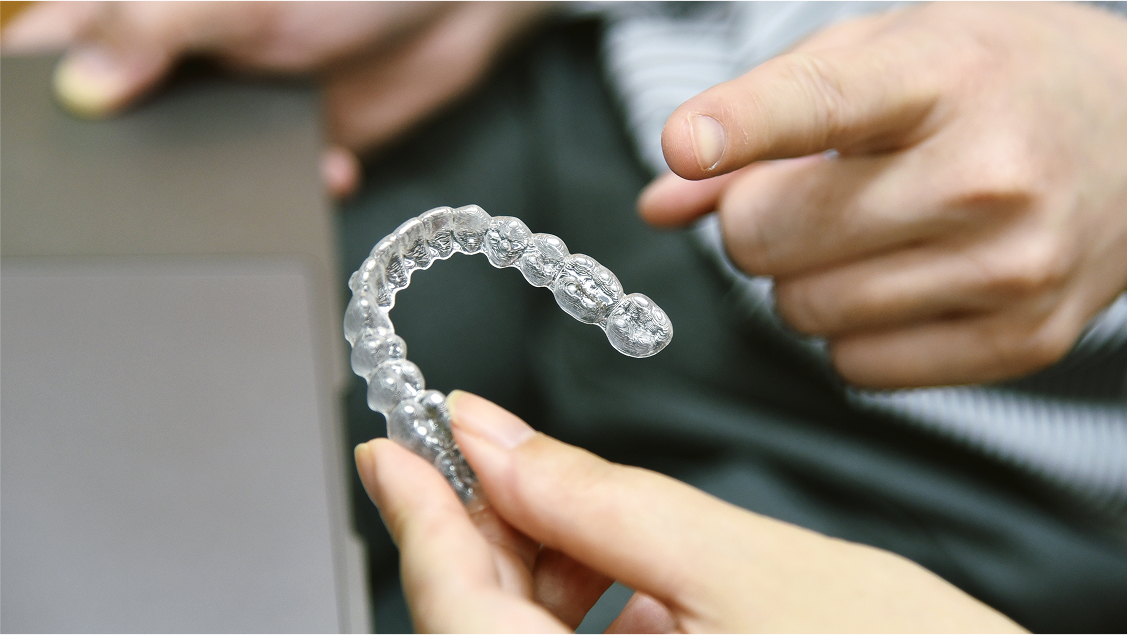When you’re facing the decision to replace missing teeth with a dental bridge, one of your most pressing questions is likely about longevity. Knowing how long dental bridges last helps you make an informed investment in your oral health and plan for future dental care needs.
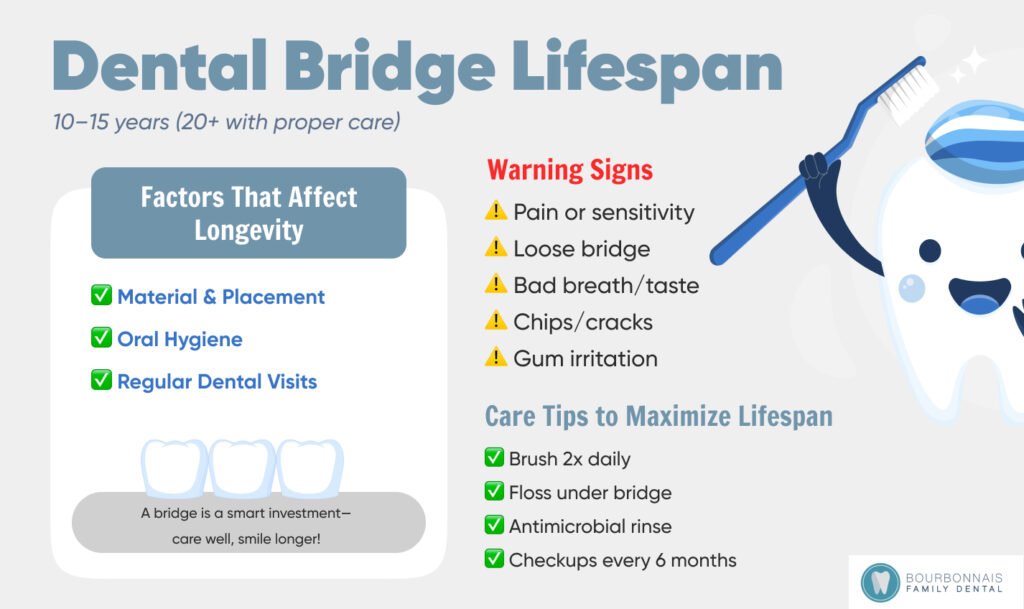
Understanding Dental Bridge Lifespan
A well-maintained dental bridge typically lasts 10 to 15 years, though many patients enjoy their bridges for 20 years or longer with proper care. The lifespan of your dental bridge depends on several critical factors, including the quality of materials used, your oral hygiene habits, and regular maintenance with your dentist.
Unlike natural teeth, which can last a lifetime with excellent care, dental bridges in Bourbonnais, IL, are restorations that will eventually need replacement. However, this doesn’t lessen their value. They are still regarded as one of the most effective solutions for missing teeth, and rightfully so. The years of improved chewing function, speech clarity, and confidence they provide make bridges a worthwhile investment in your oral health.
Factors That Influence Bridge Longevity
Your dental bridge’s longevity isn’t left to chance. Multiple factors work together to determine whether you’ll enjoy 10 years or 20+ years of reliable service.
Material Quality and Placement
The type of dental bridge and materials used significantly impact durability. Porcelain-fused-to-metal bridges offer excellent strength and aesthetics, while all-ceramic bridges, especially those made from zirconia, combine aesthetics with impressive durability but may not always be ideal for areas with heavy biting forces. Your dentist will recommend the best material based on the location of your missing teeth and your specific needs.
Correct placement by an experienced general dentistry professional is equally important. A poorly fitted bridge leaves spaces where bacteria can build up, leading to decay in the supporting natural teeth and potential bridge failure.
Your Oral Hygiene Routine
Maintaining good oral hygiene around your dental bridge is crucial for maximizing its lifespan. Plaque and bacteria can accumulate around the bridge margins, potentially causing decay in the supporting teeth or gum disease that compromises the bridge’s stability.
Daily brushing with fluoride toothpaste and regular flossing are important. Special floss threaders or water flossers can help you clean underneath the bridge where traditional floss cannot reach. This attention to oral hygiene directly correlates with how long your bridge will serve you effectively.
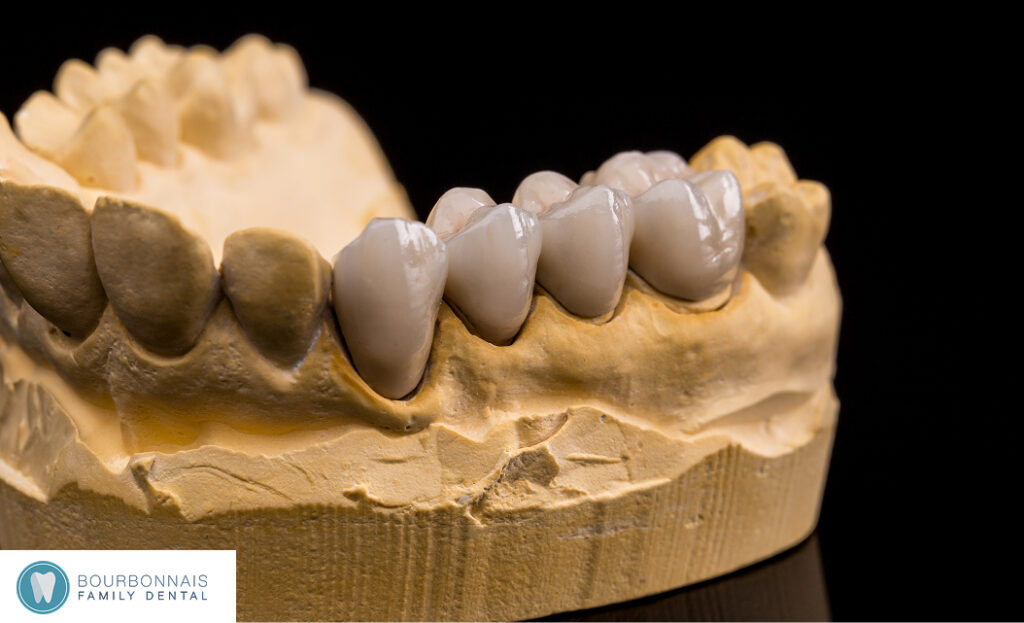
Warning Signs Your Bridge May Need Attention
Recognizing early warning signs can help extend your bridge’s lifespan through timely intervention:
- Sensitivity or pain when chewing or drinking hot or cold beverages
- Loose or wobbly feeling when biting down
- Bad breath or taste that persists despite good oral hygiene
- Visible damage such as chips, cracks, or changes in color
- Gum irritation or bleeding around the bridge area
If you notice any of these symptoms, contact your Bourbonnais dentist fast. Early intervention often means the difference between a simple repair and complete bridge replacement.
Maximizing Your Bridge’s Lifespan
The good news is that you have significant control over how long your bridge lasts.
Daily Care Essentials
Proper care begins with your daily routine. Brush twice daily with a soft-bristle toothbrush, paying special attention to the gum line where your bridge meets your natural teeth. Use an antimicrobial mouthwash to reduce bacteria and maintain optimal oral health.
When you floss, don’t skip the bridge area. While you cannot floss between the connected crowns of your bridge, you must clean underneath it daily. Your dental team can demonstrate the proper technique using specialized tools that make this process easier and more effective.
Professional Maintenance
Regular dental checkups every six months allow your dentist to monitor your bridge’s condition and address minor issues before they become major problems. Professional cleanings remove plaque and tartar buildup that home care cannot eliminate, protecting both your bridge and supporting natural teeth.
During these visits, your dentist will check the fit of your bridge, examine the supporting teeth for signs of decay, and assess your gum health. This preventive approach in general dentistry significantly extends the lifespan and maintains your overall oral health.
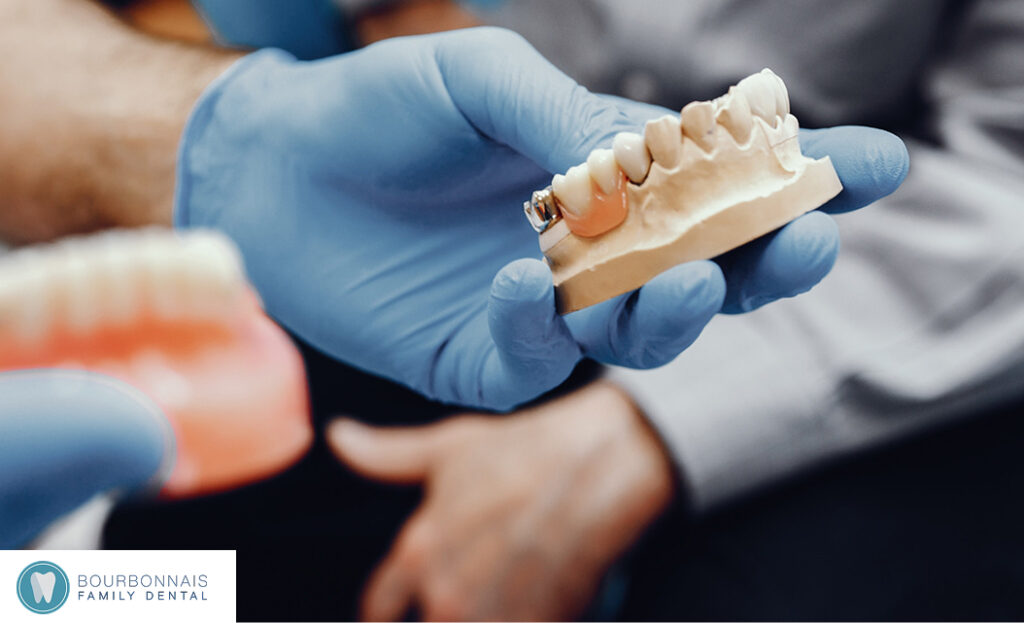
Comparing Bridges to Other Options
While dental bridges offer excellent longevity, some patients wonder how they compare to dental implants. Implants can last 25 years or more because they integrate with the jawbone, functioning more like natural teeth. However, implants require adequate jawbone density and involve surgical placement.
Bridges offer several advantages: they don’t require surgery, can be completed in a few weeks, and are often more cost-effective initially. The choice between bridges and implants depends on your specific situation, including bone health, budget, and personal preferences.
Planning for the Future
Being informed that your dental bridge will eventually need replacement helps you plan accordingly. Many patients find that their second bridge lasts longer than their first because they’ve learned optimal care techniques and maintain better oral hygiene habits.
When replacement time comes, advances in dentistry may offer new options or improved materials. Your dentist will evaluate your oral health, jawbone condition, and personal needs to recommend the best approach for continued function and aesthetics.
Making Your Investment Last
A dental bridge represents a significant investment in your oral health and quality of life. With proper care, regular dental visits, and attention to warning signs, you can maximize this investment and enjoy years of improved chewing function, clear speech, and confident smiles.
Remember that every patient’s situation is unique. While general guidelines suggest 10-15 years of service, your specific circumstances, care habits, and oral health status will ultimately determine your bridge’s longevity. Work closely with your dental team to ensure your bridge serves you well for many years to come.



